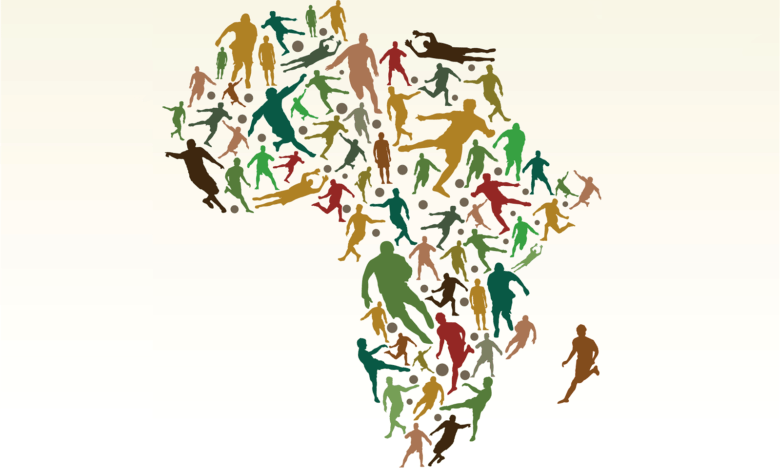Sports in africa : between perspectives, challenges, and opportunities
Sports play a significant role in the global economy, with its industry now valued at nearly €1,200 billion, accounting for 2% of the global GDP. However, in Africa, its contribution to the continent's resources stands at only 0.5% of the GDP. ..

By Morgan Philips Cabinet
Weak institutional systems dedicated to sports, lack of funding, inadequate infrastructure, and mismanagement contribute to this disparity. Yet, sports offer significant opportunities that Africa must seize by implementing more suitable public strategies and adopting more substantial and tailored financing methods.
Making Sports a Development Catalyst in Africa
In Africa, sports go hand in hand with the economy. The growth of the sports industry is synonymous with significant investments and economic returns, representing a real challenge for the continent’s economic and social development. The example of the FIFA World Cup 2010 in South Africa, the first on the continent, illustrates the impact and opportunities sports offer: the South African government, spending three billion USD on infrastructure development (with 1.29 billion subsidized by FIFA), led to a long-term economic boost of six billion USD.
In addition to economic benefits, sports bring about « social development, » particularly through investments and job creation. Investing in sports can bring about « profound changes » in educational environments such as sports centers and socio-educational activities, proving to be an effective development strategy that promotes inclusion and social cohesion. However, despite the existence of « sports policies » in some African countries, numerous obstacles hinder the industry’s development on the continent, including coordination issues, lack of resources, and funding challenges.
Understanding and Analyzing the African Sports Ecosystem
In December 2020, the Mazars firm and the African Sports & Creative Institute (ASCI) presented a study titled « Sports Ecosystem in Africa: From Potential to a Development Lever. » The aim was to « assess the state of the sports industry » on the continent and « define the challenges and opportunities » it faces. Several sports and development experts, including Mihoub Mezouaghi, Director of the French Development Agency (AFD), Robins Tchale Watchou, CEO of Vivendi Sport, Vera Sogwe, Executive Secretary of the Economic Commission for Africa (ECA), Pierre Laporte, Country Director at the World Bank, and footballer Didier Drogba, were part of this discussion.
The study, conducted with 500 African sports stakeholders, first highlights the poor understanding of sports issues, leading to a lack of funding as these stakeholders struggle to convince sponsors and funders to participate in their projects. Secondly, the lack of data collection and access to data is problematic as it « hampers leaders’ ability to detect opportunities. » Finally, the « lack of innovation » proves to be a major challenge: 84% of respondents believe this is « the biggest weakness of the African sports ecosystem, » 77% lament « a lack of infrastructure, » and 71% believe that « sports professionals do not receive adequate training. »
Possible Solutions
To address these challenges, Abdou Diop, Managing Partner of Mazars in Morocco, and Mohsen Abdel Fattah, Director of ASCI, presented recommendations in the study’s final report. Among the institutional recommendations are: « produce regular and reliable information and analysis; create an African Sports Observatory; create, harmonize, and regulate sports management training; improve the work ethic of sports professionals by establishing a code of ethics and a training policy for sector actors; prioritize youth entrepreneurship; reform sports governance; emphasize regional collaboration; define sports as a response to the Sustainable Development Goals (SDGs); promote African cultural, intangible, and natural heritage in sports promotion. »
Lastly, recommendations related to investment and financing strategies include: « invest in economic and social research; create a legal, fiscal, and economic environment conducive to sports investment; invest in mass and amateur sports to make them development levers for elite sports; make mass sports the engine of the sports economy; position the fan at the center of the sports ecosystem; innovate in the commercial offer; accelerate the digitization of the offer; promote public-private partnerships. »







